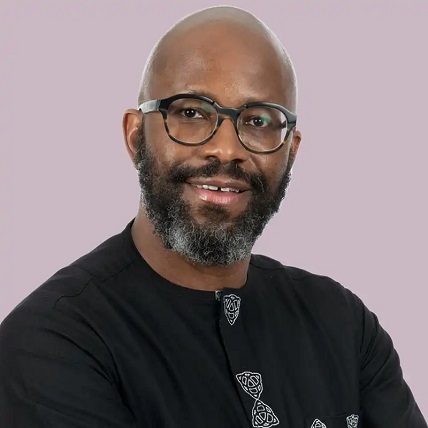
To ensure that Africa can provide universal internet service by 2030, MTN CEO Ralph Mupita has called for the modernization and harmonization of legislative frameworks throughout the continent. He has also urged a concerted effort from all stakeholders.
According to a release from MTN, Mupita spoke at the Africa Prosperity Dialogue over the weekend in Peduase, in the country of Ghana’s eastern region.
According to Mupita, the regulatory frameworks for Africa’s telecommunications sector do not take into account the most recent developments. He claimed that they were still set up for the voice era.
Mupita stressed the importance of having a strong, current, and adaptable regulatory framework. All industry participants have to make investments in and contribute to the construction of infrastructure.
He estimated that in order to achieve its aim of providing universal internet access to all Africans by 2030, Africa would need to invest about $100 billion (R1.7 trillion) in capital.
Mupita’s remarks coincide with the Ghana Revenue Authority’s (GRA) assessment of R13 billion against MTN for unpaid taxes on January 11 as a result of new call data record tracking procedures. Penalties and interest costs were included in the sum.
MTN has already faced regulatory penalties and obstacles in Nigeria. The GRA launched an audit of MTN Ghana in 2019. This audit is what led to the revised tax assessment. The evaluation included the years 2014 to 2018.
Later, the dominant mobile company stated it was doubting the assessment’s veracity and underlying assumptions. If negotiations with the GRA are unsuccessful, the mobile operator intends to begin a dispute resolution procedure, according to newswire Bloomberg.
The uniformity of African regulation would be extremely advantageous to MTN. MTN suffered severe damage in Nigeria in 2015 after Nigerian regulators fined the company $5.2 billion for failing to disconnect 5.1 million unregistered SIM cards. Following a government order to prohibit calls from unregistered cellular lines, MTN Nigeria terminated over 19 million mobile numbers in Nigeria last year.
Naledi Pandor, the minister of international relations and cooperation, urged MTN and the Ghanaian government to resolve the tax dispute immediately. Pandor urged the parties concerned to take all reasonable steps to resolve the alleged difficulties amicably in a statement last week.
Pandor expressed grave concern about the fact that foreign competitors of South African businesses do not seem to face the same obstacles that South African businesses experience.
Large South African companies, including Shoprite, Game, Mr. Price, Foschini, Woolworths, Tiger Brands, Sasol-Chemicals, Sasol-Gas, Group Five, Murray and Roberts, Metrolife Group, Telkom, Southern Sun, the Protea Group, just to name a few, she claimed, have pulled out of some African markets as a result of these unfavorable conditions.
Source: Independent Online
